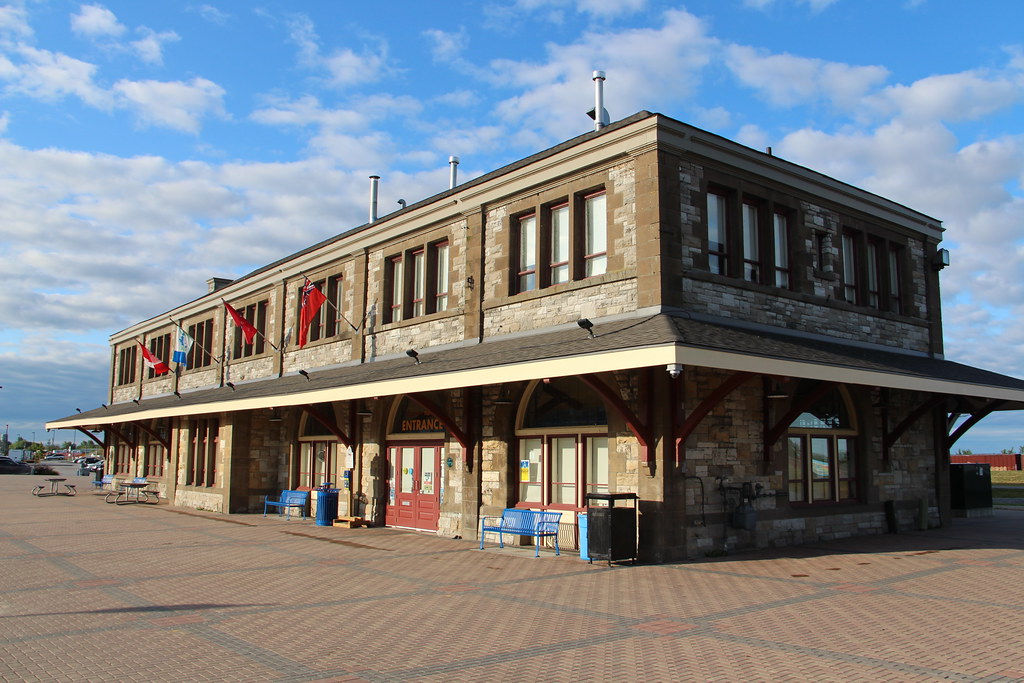Understanding The Life Of Former Canadian Prime Ministers: A Deep Dive
The history of Canada is enriched by the contributions of its former prime ministers, each of whom has played a pivotal role in shaping the nation's policies and identity. This article aims to explore the lives and legacies of these prominent figures, providing insights into their backgrounds, significant achievements, and the lasting impact they have had on Canadian society. As we delve into the stories of these leaders, we will uncover the complexities of their tenures, the challenges they faced, and how they navigated the political landscape of their time.
In addition to discussing their political careers, this article will also highlight personal anecdotes and milestones that define their lives beyond politics. We will present data and statistics to support our analysis, ensuring that readers gain a comprehensive understanding of what it means to be a prime minister in Canada.
Join us as we embark on this informative journey to appreciate the legacy of former Canadian prime ministers, exploring both their public service and personal stories. Whether you are a history enthusiast or someone seeking to learn more about Canada's political landscape, this article will provide valuable insights and a thorough understanding of the key figures who have led the country.
Table of Contents
- Biography of Former Prime Ministers
- Personal Data and Biodata
- Significant Achievements
- Challenges Faced by Former Prime Ministers
- The Political Landscape of Canada
- The Legacy of Former Prime Ministers
- Statistics on Prime Ministers
- Conclusion
1. Biography of Former Prime Ministers
Former Canadian prime ministers come from diverse backgrounds, each contributing uniquely to the political tapestry of the nation. Understanding their biographies is essential to appreciate their roles in shaping Canada. Here are a few notable former prime ministers:
1.1. Pierre Elliott Trudeau
Pierre Trudeau served as Prime Minister of Canada for two non-consecutive terms (1968-1979 and 1980-1984). Known for his charismatic personality and liberal policies, he significantly influenced Canada's multiculturalism and constitutional framework.
1.2. Stephen Harper
Stephen Harper was the Prime Minister from 2006 to 2015, leading the Conservative Party. His tenure was marked by a focus on economic stability and international relations, particularly with the United States and emerging markets.
1.3. Jean Chrétien
Jean Chrétien served as Prime Minister from 1993 to 2003. His leadership style and policies helped Canada navigate economic challenges and maintain social programs that benefited many Canadians.
2. Personal Data and Biodata
| Name | Term in Office | Political Party | Significant Contribution |
|---|---|---|---|
| Pierre Elliott Trudeau | 1968-1979, 1980-1984 | Liberal Party | Multiculturalism Policy |
| Stephen Harper | 2006-2015 | Conservative Party | Economic Stability Initiatives |
| Jean Chrétien | 1993-2003 | Liberal Party | Social Program Enhancements |
3. Significant Achievements
The former prime ministers of Canada have numerous achievements that have shaped the country's policy direction:
- Pierre Trudeau: Introduced the Official Languages Act, promoting bilingualism.
- Stephen Harper: Implemented tax cuts and strengthened Canada's economy during the global recession.
- Jean Chrétien: Balanced the federal budget and eliminated the deficit.
4. Challenges Faced by Former Prime Ministers
Every prime minister has faced unique challenges during their tenure:
- Pierre Trudeau: Controversial policies like the War Measures Act during the October Crisis.
- Stephen Harper: Criticism regarding environmental policy and handling of Indigenous issues.
- Jean Chrétien: Navigating the fallout from the sponsorship scandal.
5. The Political Landscape of Canada
The political landscape in Canada is characterized by a multi-party system, with the Liberal Party and Conservative Party being the two dominant forces. This section will explore how former prime ministers have influenced this landscape:
- The rise and fall of political parties.
- The impact of regional politics on national policy.
- How leadership styles have shaped party ideologies.
6. The Legacy of Former Prime Ministers
The legacy of former prime ministers often extends beyond their time in office:
- Influence on future generations of politicians.
- Establishment of key national policies that endure.
- Public perception and historical significance.
7. Statistics on Prime Ministers
Understanding statistics related to former prime ministers can provide insight into their performance and public perception:
- Approval ratings during their tenure.
- Major policies enacted and their long-term effects.
- Comparative analysis with other political leaders worldwide.
8. Conclusion
In conclusion, the former prime ministers of Canada have played significant roles in shaping the country's identity and policies. Their biographies, achievements, and challenges provide a window into the complexities of leadership in Canada. As we reflect on their legacies, it is essential to understand how their contributions continue to impact Canadian society today. We encourage readers to share their thoughts in the comments, explore more articles on our site, and engage in discussions about Canada's political history.
Thank you for taking the time to explore the lives of former Canadian prime ministers with us. We hope this article has provided valuable insights and encouraged you to learn more about Canada's rich political heritage. We look forward to welcoming you back for more informative content!
Article Recommendations
- Is General Category Eligible For Nsp
- Otto Kilcher Obituary
- Downloadhubin
- Pol Family Farm Season 2
- Is Jeremy Wade Married
- Matt Czuchry Wife
- Does Chris Stapleton Support Trump
- Russell Wilsons Parents
- Gabriel Macht Height
- Princess Diana Date Of Funeral


